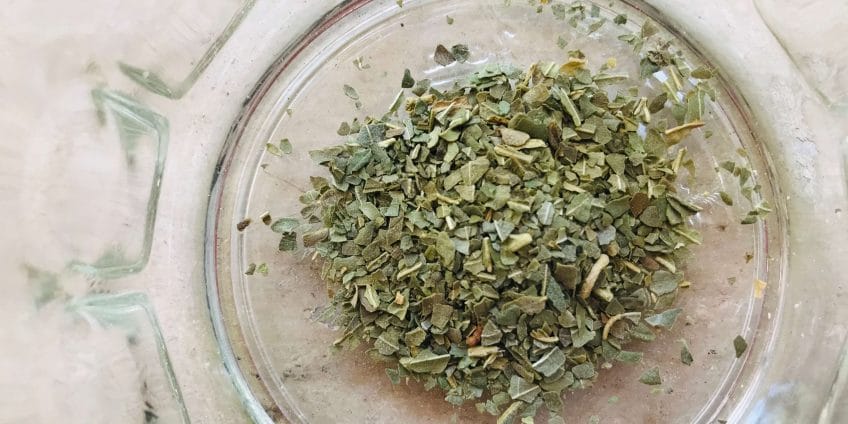Scroll to Recipes with Basil / तुलसी as ingredient
Basil, also called Tulsi, is a culinary herb. It has a strong, pungent, and sweet smell. Also, it’s a mint family. It helps add good flavor in meals and has many health benefits as well.
Also, it provides vitamins and minerals to your body. Moreover, it has a therapeutic role added to medicines as well. It helps circulate blood in the body smoothly.
Commonly Known As
| Language | Name | Written As |
|---|---|---|
| Hindi | Tulsi | तुलसी |
| Gujarati | Tulsi | તુલસી |
| Marathi | Tuḷasa | तुळस |
| Malayalam | Bēsil | ബേസിൽ |
| Tamil | Pacil | பசில் |
| Urdu | Tulsi | تلسی |
| Arabic | Rayhan | ريحان |
| Bengali | Pudinā | পুদিনা |
| French | Basilic | Basilic |
Nutritional Profile of Basil
Nutritional profile per 100 gms
- Calories: 22
- Protein: 3.2g
- Carbohydrate: 2.7g
- Fiber: 1.6g
- Fat: 600mg
- Sodium: 4mg
- Potassium: 295mg
Source: USDA & Google
Health Benefits
Basil used in many Ayurvedic and holistic medicine systems. It is best for ailments, like nausea and bug bites.
Source: ncbi.nlm.nih.gov
Has antioxidants
It helps fight free radicals in the body and protects cells of the body. It has orientin and vicenary that protect blood cells. Moreover, it helps oxidation and slows down the aging process.
Source:
Helps fight cancer
Their leaves contain phytochemicals that help prevent disease. Moreover, it has antioxidant activity that keeps the body healthy. So, it helps the negative impacts of cancer treatments.
Source: ncbi.nlm.nih.gov
Has antibacterial properties
Basil leaves have essential oils that help to protect harmful bacteria growth. It is active enough to fight against the bacteria strains and help inhibit growth.
Source: ncbi.nlm.nih.gov
Acting as an Adaptogen
It act as a natural Adaptogen, herbal medicine that helps the body adopt stress normalizes. Moreover, it protects cardiovascular as well.
Source: ncbi.nlm.nih.gov
Side Effects
Basil leaves are not suitable for pregnant women, and also people who are diabetic patients should not consume the leaves as it has detrimental effects on health.
Source: lybrate.com
Frequently Asked Questions
Are Tulsi & Basil the same?
Yes. Basil leaves are called Tulsi in Hindi.
Can basil leaves be eaten raw?
Yes. You can eat basil leaves raw. It has a pungent taste and tastes refreshing.
Can you boil basil leaves?
Yes. You can boil it in hot water for 10 minutes around.

